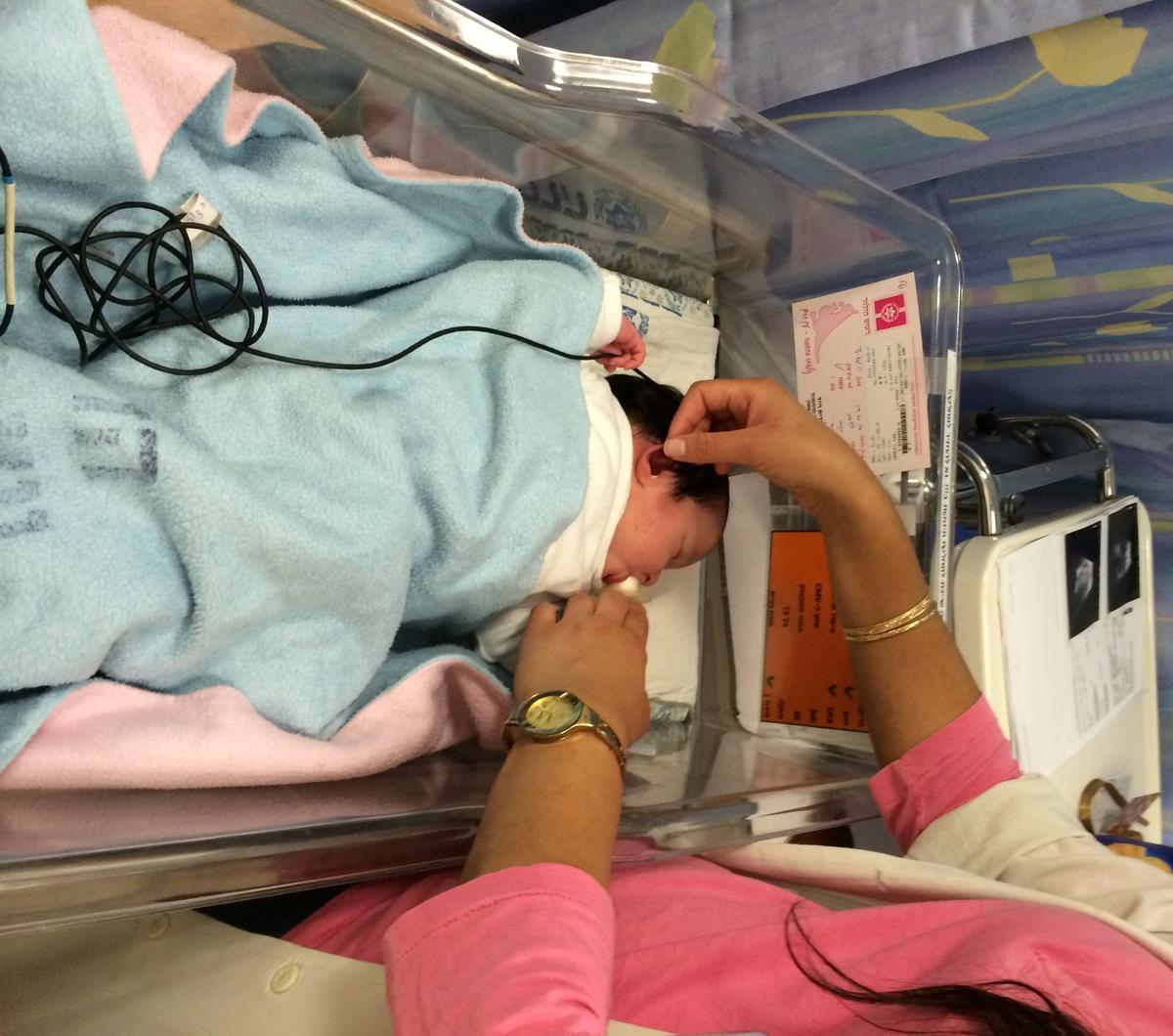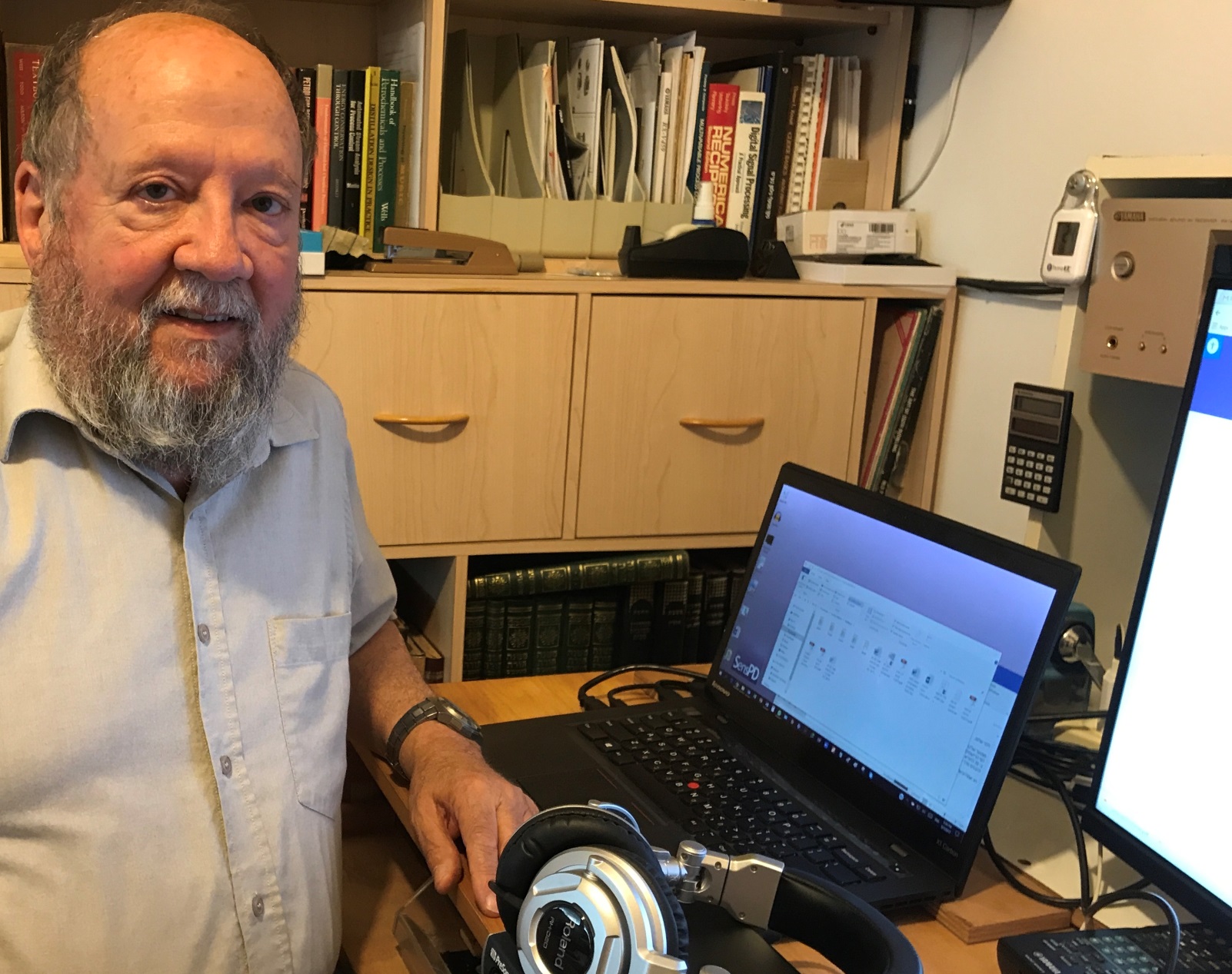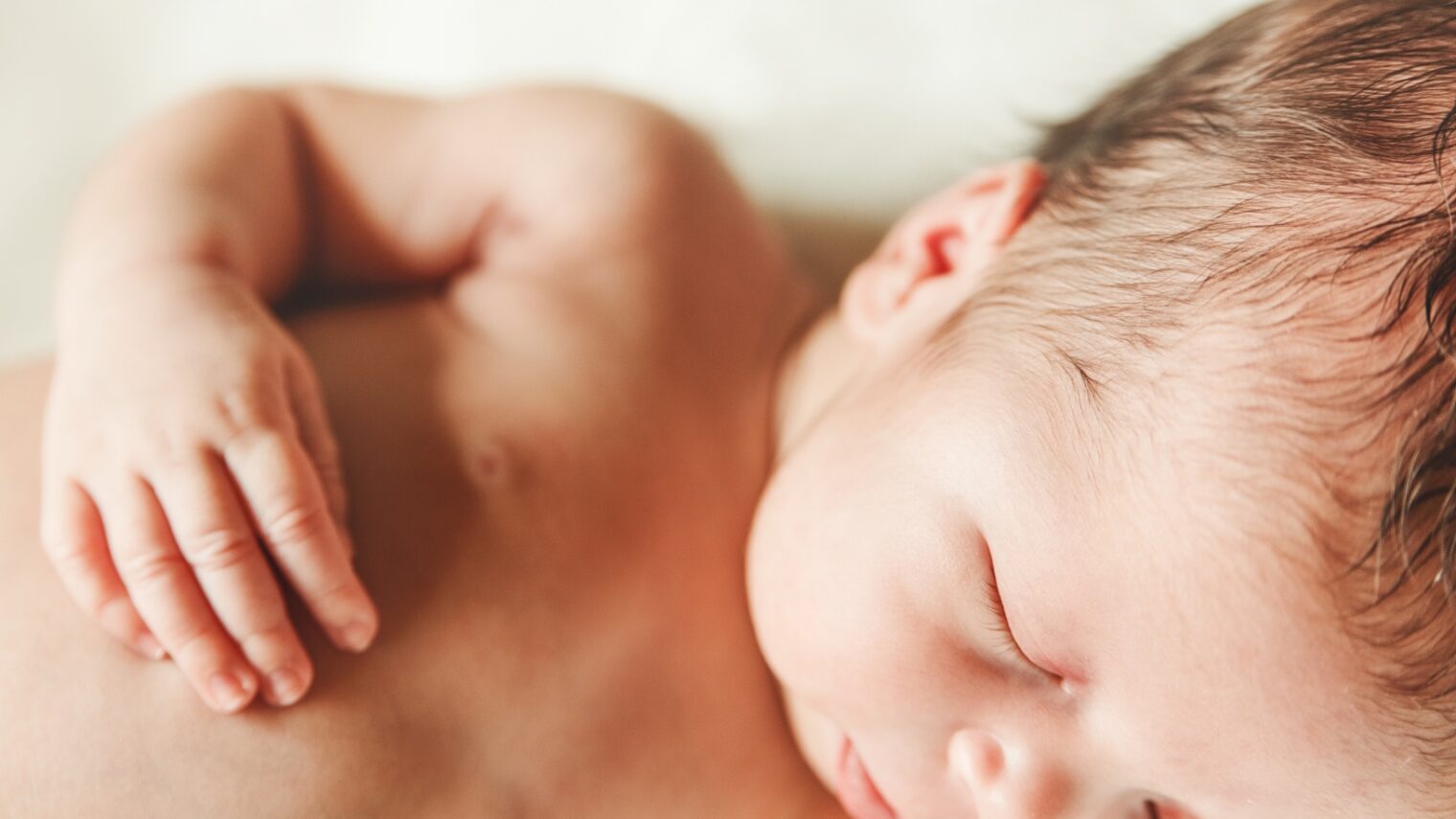Thirty years ago, a leading autism expert at UCLA diagnosed Raphael (Raffi) Rembrand’s four-year-old son – too late, at that point, for critical early-intervention therapies.
Three decades later, the Israeli father is fulfilling his dream of offering a simple noninvasive way to screen newborns for signs of autism, which is diagnosed in some three million children every year.
“One out of every 45 newborns this year will be diagnosed later in life with autism. The problem is that diagnosis is too late and based on behavior observations. SensPD is going to change all of that,” vows Rembrand, founder and CTO of a one-man startup based in the northern Israeli Arab village of Bosmat Tab’un.
The SensPD diagnostic process, now ready for clinical trials, uses the same instrument currently used in newborn nurseries and well-baby clinics to test infants’ hearing by measuring otoacoustic emissions (OAE). Rembrand’s novelty is using OAE measurement as an indicator of the baby’s overall sensory perception.
“One of the major characteristics of everyone on the autism spectrum is sensory overload,” Rembrand explains. Lacking the ability to filter and concentrate all the sensory data reaching their brains, they are left with a sense of “a huge party inside their heads.”
The other major characteristic of autism is social impairment. Rembrand’s research and conversations with experts in America and Israel led him to conclude that these two symptoms are related: sensory perception issues cause impaired ability to utilize and interpret social cues such as body language and eye contact.
“I am an engineer and this means whenever I try to solve a problem I try to understand first of all what the problem is. In autism, there is still no consensus about the mechanism that is broken. In 2002, I realized nobody was looking for the mechanism and I was very frustrated by that, and made it a full-time job,” Rembrand tells ISRAEL21c.

Sensory perception, he learned, depends on a mechanism in the inner ear that generates noise, “like the sound you hear when you put a seashell to your ear.” It can be measured by placing a tiny microphone into the ear canal.
“When newborns are tested for hearing they’re measuring that noise, so the instrument already exists. We are just using different stimuli to measure sensory perception in addition to the standard hearing tests,” says Rembrand.
Results would be analyzed in a cloud-based central database and sent to the test-taker within minutes. Any deviation from the normative response would be flagged as an indication of impaired sensory processing.
“We did preliminary studies on people with and without autism to prove efficacy and accuracy,” says Rembrand. “Now we need to start multisite clinical studies. We have enlisted three hospitals in the US and three in Israel, and we’re now starting a funding round.”
Until now, he’s funded SensPD from his pocket and with a grant from the Israel Innovation Authority.

In July, Rembrand won the $100,000 first prize in the California-based Merage Institute Entrepreneurs Competition for people over the age of 45. The institute is introducing him to potential investors in California and providing him with experienced mentors.
He explains that SensPD’s business model is to charge for the database analysis rather than the screening test. It can be administered hours after birth, and because the inner-ear mechanism develops in the third trimester of pregnancy, one day it may even be possible to screen for autism spectrum disorders prenatally.
The earlier the condition is detected the better the possible outcome.
“Applying interventions before the age of two results in better than 90% success rate in ingraining social skills for social integration,” says Rembrand, who knows of no other startup doing what SensPD does.
“There are people trying to identify [autism spectrum] behavior patterns that can manifest themselves at an early age but nobody came with a comprehensive theory about sensory perception,” he says.
The Kiryat Tivon resident hopes that SensPD’s solution will “enable all people with sensory perception issues to make sense of the world.”
For more information, click here














